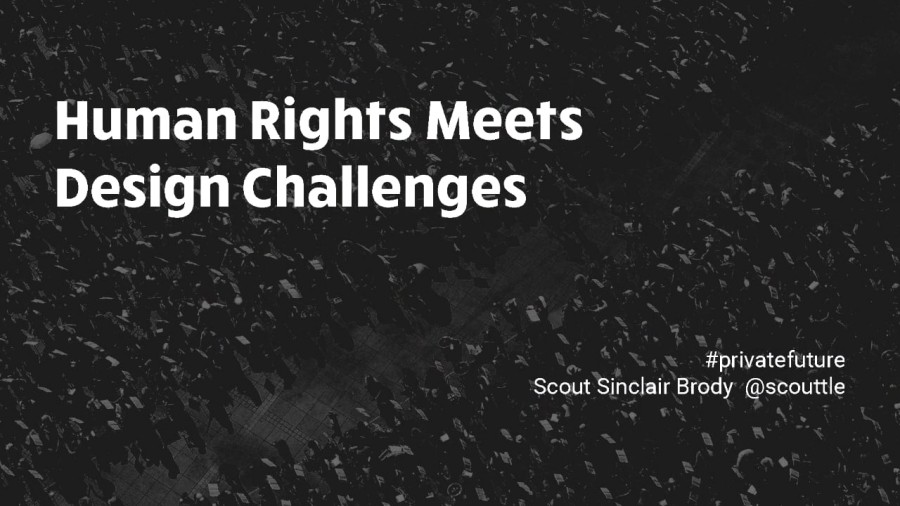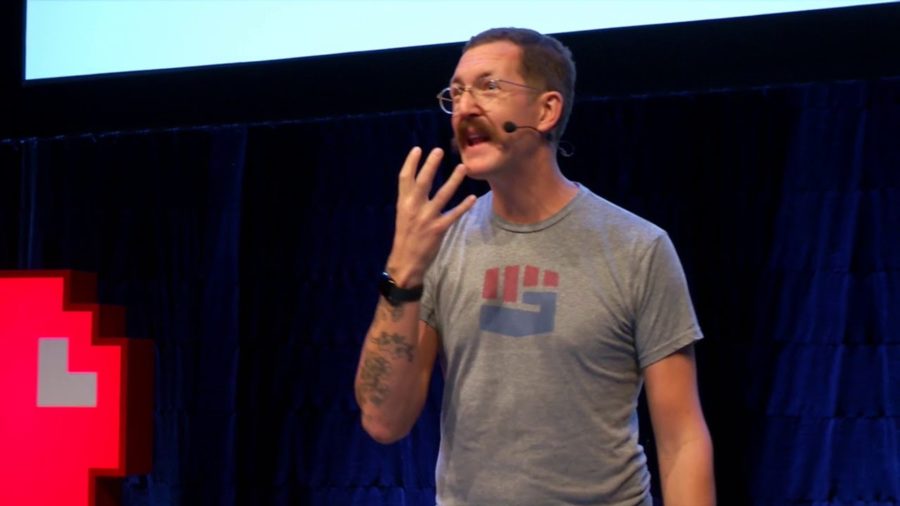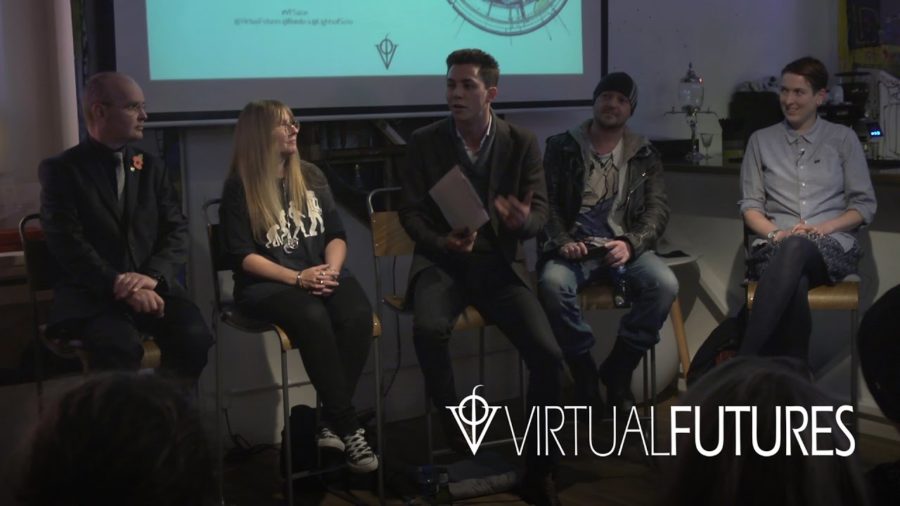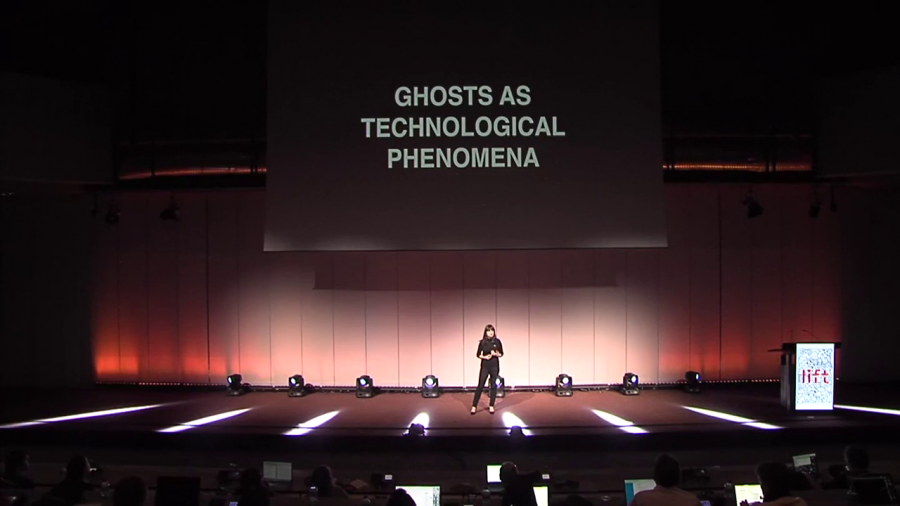Every single futurist has one of these as the first slide in their deck. It doesn’t really matter what this is. An exponential curve, up and to the right. This represents all of technology. The past thirty years of technological evolution is described in this. This could be anything. This is processor power. This is memory per dollar. This is Internet penetration. This is the number of people playing Angry Birds.
Archive

I think it’s important to say that one thing about our work is that we are not fixated on the future as a strict linear progression. We start by acknowledging the fact that the future is not a fixed destination but a constantly-shifting and unfolding space of diverse potential.
My main goal is not to die in the first place. I hope to keep living, hopefully long enough that science will have solved the aging problem and I won’t have to die. But since I don’t know how long that’s going to take, cryonics is the real backup policy for me.
What has redeemed the faith community throughout the centuries of history has been that there has always been a sector of the faith that has not sold out, that has recalled the genuine moral and ethical values of that faith and its tradition, and has renewed that, and therefore moved the agenda into the future, that is moral and ethical and just.

How do we take this right that you have to your data and put it back in your hands, and give you control over it? And how do we do this not just from a technological perspective but how do we do it from a human perspective?
What I’d like to to look at is alternative versions of London, unbuilt buildings, different structures from fantastical literature (science fiction, that sort of thing), and just see how that reframes the city that we inhabit every day. How it makes us see it with perhaps new eyes.



